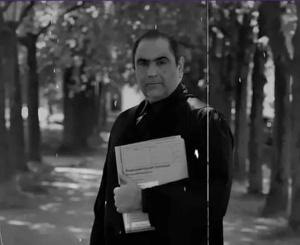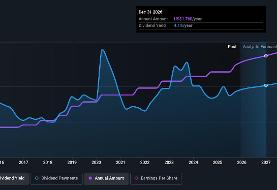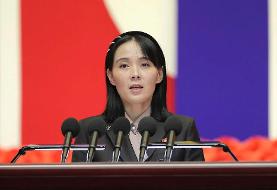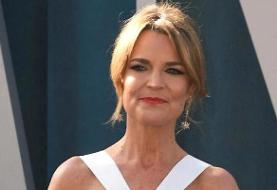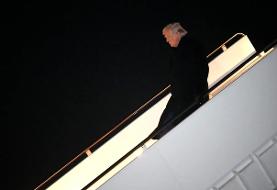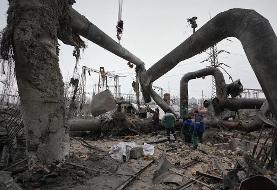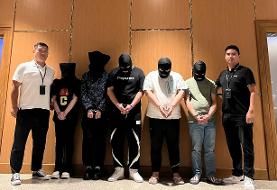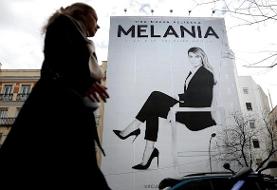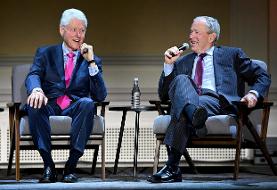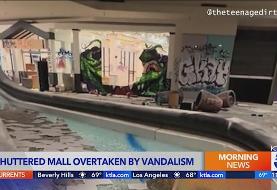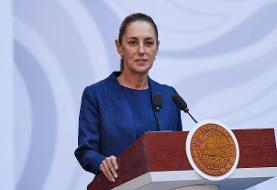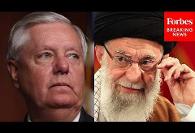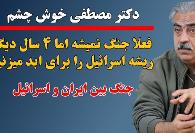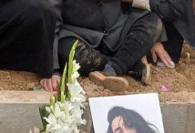Shirin Neshat's next film project: Iconic Egyptian singer Umm Kalthoum

Progressive Iranian-American filmmaker Shirin Neshat recently addressed a packed hall at the American University in Cairo, Egypt for her first public speech in a Muslim country. In her speech, Neshat drew parallels between the Iranian and Egyptian revolutions and dissected her identity as an artist, as Ahram Online reports. Neshat says Iranian and Egyptian politics and culture have an “uncanny similarity,” especially in light of the cultural wealth emerging in the aftermath of the Green Revolution and the January 25 Revolution respectively.
Neshat is currently taking refuge in Cairo while working on a film about the iconic singer Umm Kalthoum. The Iranian artist speaks of her with undeniable adoration. “It’s a story that has to be told,” she says. Neshat has been inspired by how Umm Kalthoum was universally loved, and her ability to move people towards spiritual ecstasy.

Shirin Neshat, born 1957 in Qazvin, Iran has received worldwide acclaim for her poetic films and photographs, which are often subversively themed and probe questions around religion and gender roles in contemporary Iran and the Middle East. Her debut feature film entitled Women Without Men (2009) earned her a Silver Lion at the Venice Film Festival.

After working with photography for years, juxtaposing her back and white images with calligraphy from poetry, the artist discovered filmmaking. “It was eye-opening…I moved to a realm of possibilities where photos could move,” she says. In moving pictures, Neshat tackles taboos in Iranian society such as questions of desire, temptation, and sexuality.
The work of Neshat is submerged in two dichotomous elements. On the one hand, it cannot escape the political undertones dictated by her roots and her life in exile, and on the other, it mirrors the culture of poetry and mysticism typical of her Persian culture.
In July 2009 Shirin Neshat took part in a three-day hunger strike at the United Nations headquarters in New York in protest fraud in Iran's 2009 Presidential elections. Yet Neshat feels that she does not have the luxury to choose, like Western artists do, whether to be a political artist. Yet she is not entirely bound by politicised narratives. Her work is autobiographical in a way, and entrenched in poetry.
Related to Cinema:
- Leila Hatami: Jury member, 2012 Rome International Film Festival
- "The Physician" glorifies Persian Islamic progressive era
- Life of underground Iranian dancer captured in Desert Dancer
- Maz Jobrani in new family comedy at CBS: Nobody trusts Maz!
- Amazing Parkour stunts (video)
- Iranian movies were received well in India and England
- Why did Monica Bellucci learn Farsi for Rhino season? (videos)
- Golshifteh Farahani: My parents are being held hostage in Iran!
- Iranian-born Boniadi: A scientologist "auditioned" as Tom Cruise’s wife?
- Indian Bollywood's music mogul plagiarises Iranian band Barobax
- Niki-Kermani defies taboos in her film about an immigrant Iranian woman
- Golshifteh Farahani appears naked again in controversial new movie (video)
- (Video/Images) Leila Hatami announces Cannes 2012 Grand Prix (Grand Prize)
- Lindsay Lohan: 25 Years in 60 seconds
- Amazing LED light suit dance inspired by TRON (the movie)

